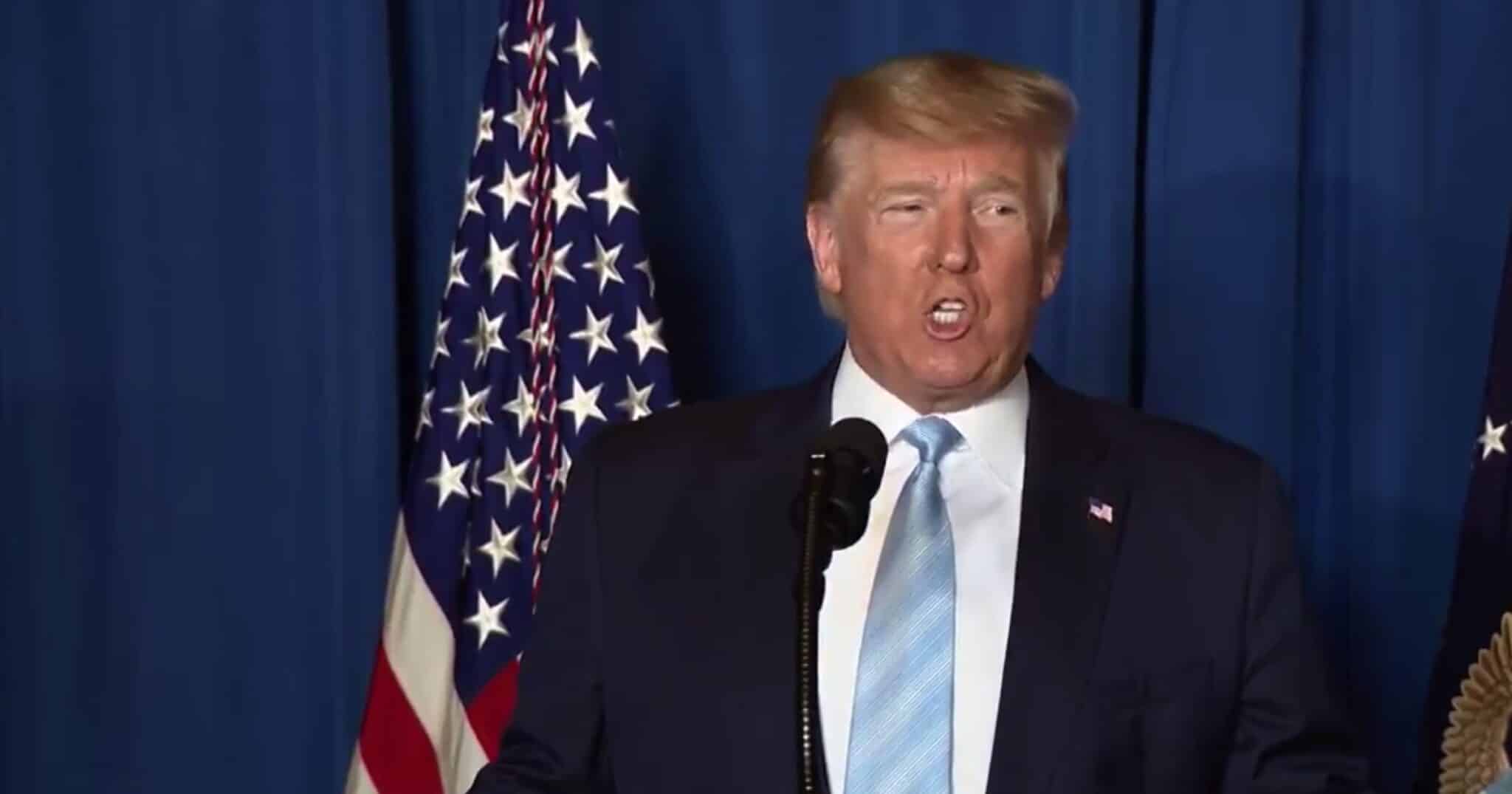








In a move that has caught the attention of political analysts, former President Donald Trump announced his intention to dismiss special counsel Jack Smith if he wins another term in the White House.
NBC News reported that this statement follows the two federal indictments brought against Trump by Smith, which have added to the already tumultuous legal challenges the former president faces.
Trump’s legal team is contesting the constitutionality of Smith's appointment while seeking to dismiss cases led by U.S. District Judge Tanya Chutkan.
The legal confrontation took a new turn when Trump answered a query from conservative radio host Hugh Hewitt regarding his intentions upon potentially returning to office.
Trump openly expressed his plan to remove Smith, saying he could do so "within two seconds." This public declaration follows Smith's actions in pursuing legal indictments against Trump related to election interference.
After making his stance clear in media circles, Trump's legal team began formal proceedings to contest Smith's authority.
They aim to argue the illegality of Smith's appointment and funding in court, striving to have the election case dismissed. Recent filings against the case in Washington, D.C. have cited similar points that were previously deemed insufficient in a Florida court.
Tensions have been high with Judge Tanya Chutkan presiding over the ongoing cases. Trump's team has expressed their intent to challenge procedural deadlines and seek more time to file additional motions.
Judge Chutkan has already faced public criticism from Trump, who has called her "the most evil person." Meanwhile, the court has moved forward, allowing the release of heavily redacted documents.
Amidst the legal back-and-forth, Trump's public disparagement of both Judge Chutkan and Special Counsel Smith led to repercussions. In response to Trump labeling Smith as "a sick puppy" and accusing the entire process of "election interference," the judge has instituted a gag order. This aims to curb inflammatory rhetoric and maintain a fair trial atmosphere.
Trump's legal representatives maintain that the special counsel’s appointment does not adhere to constitutional standards.
They argue the case should never have proceeded, describing it as "unconstitutional even before its inception." These contentions continue to fuel heated legal debates in the media and the courtrooms.
Trump’s legal challenges are further complicated by the Washington, D.C., Circuit's binding precedent that supports the legal standing of special counsels, differing from the Florida court's viewpoint. This represents a significant hurdle, as his team's arguments struggle against established legal standards.
Amidst these legal battles, political ramifications loom. Democratic Rep. Adam Schiff has introduced a legislative proposal to prevent any future president from halting an ongoing prosecution against themselves. Though it is anticipated to face significant challenges in the Republican-led House, this proposed legislation reflects the broader implications of Trump's legal strategies.
Trump's approach has not only incited legal action but also ignited political discourse.
Supporters and critics alike are grappling with the potential consequences of his stated intentions and ongoing legal maneuvers. As the court cases continue, the political landscape is fraught with uncertainty.
Smith’s federal indictments mark a significant chapter in Trump's post-presidential endeavors. By challenging the constitutionality of Smith's role and pursuing cases in courts, Trump is setting the stage for a complex legal and political campaign.
In a political climate marked by divisions, Trump’s latest legal claims and public attacks against judicial officials highlight his contentious relationship with the legal establishment.
This unfolding drama underscores the broader struggle within American politics regarding accountability and the rule of law.


